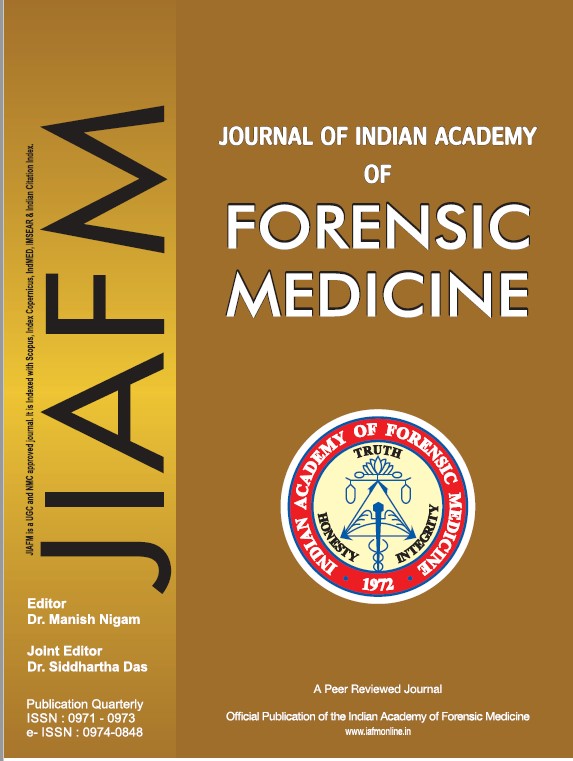Scorpion Sting Masquerading As Myocardial Infarction
DOI:
https://doi.org/10.48165/Keywords:
Scorpion Sting, Myocardial Infarction, Envenomation, CardiotoxicityAbstract
Scorpion stings are common in rural India and envenomation by scorpions can result in a wide range of clinical effects, including, cardiotoxicity, neurotoxicity and respiratory dysfunction. In general, scorpions are not aggressive. They do not hunt for prey; they wait for it. Scorpions are nocturnal creatures; they hunt during the night and hide in crevices. Scorpion venom is a water-soluble, antigenic, heterogenous mixture, as demonstrated on electrophoresis studies. Out of 1500 scorpion species known to exist, about 30 are of medical importance. The life-threatening complication of myocarditis and pulmonary edema is known in red scorpion. Most deaths occur during the first 24 hours after the sting and are secondary to respiratory or cardiovascular failure. In spite of advances in patho-physiology and therapy the mortality remains high in rural areas due to lack of access to medical facilities. In absence of clear history, the cardiac toxicity of scorpion sting may be misdiagnosed.
Downloads
References
Chippaux JP, Goyffon M. Epidemiology of scorpionism: a global appraisal. Acta Trop 2008; 107:71-9.
Modi, N. J.: "Modi's Textbook of Medical Jurisprudence and Toxicology." 24th Edition, N. M. Tripathi Pvt. Ltd., Princess Street, Bombay, 1977, p. 633
Gueron, M., Adolph, R. J., Grupp, I. L., Gabel, M., Grupp, G. and Fowler, N. O.: Hemodynamic and myocardial consequences of scorpion venom. Amer. J. Cardiol., 45: 979-986, 1980.
Shah, S. S., Doshi, H. V. and Kulkarni, P. S.: Myocarditis from scorpion sting. Indian Heart J., 24: 52-55, 1975. Bawaskar HS, Bawaskar PH. Prazosin therapy and scorpion envenomation. J Assoc Physicians India 2000; 48:1175-80.
Gueron, M., Stern, J. and Cohen, W.: Severe myocardial damage and heart failure in scorpion sting. Report of five cases. Amer. J. Cardio/., 19: 719-726, 1967.
Poon-King, T.: Myocarditis from scorpion stings. Brit. Med. J., 1: 374-377, 1963.
Bawaskar HS, Bawaskar PH. Prazosin therapy and scorpion envenomation. J Assoc Physicians India 2000; 48:1175-80. Bawaskar HS, Bawaskar PH. Management of the cardiovascular manifestations of poisoning by the Indian red scorpion (Mesobuthus tamulus). Br Heart J 1992; 68:478-80.
Eltrous S., Semir Nouira, Lamia Besbes et al. Dobutamine in Severe Scorpion Envenomation: Effects on Standard haemodynamics Right ventricular Performance & Tissue Oxygenation. Chest 1999; 116:748-753.


